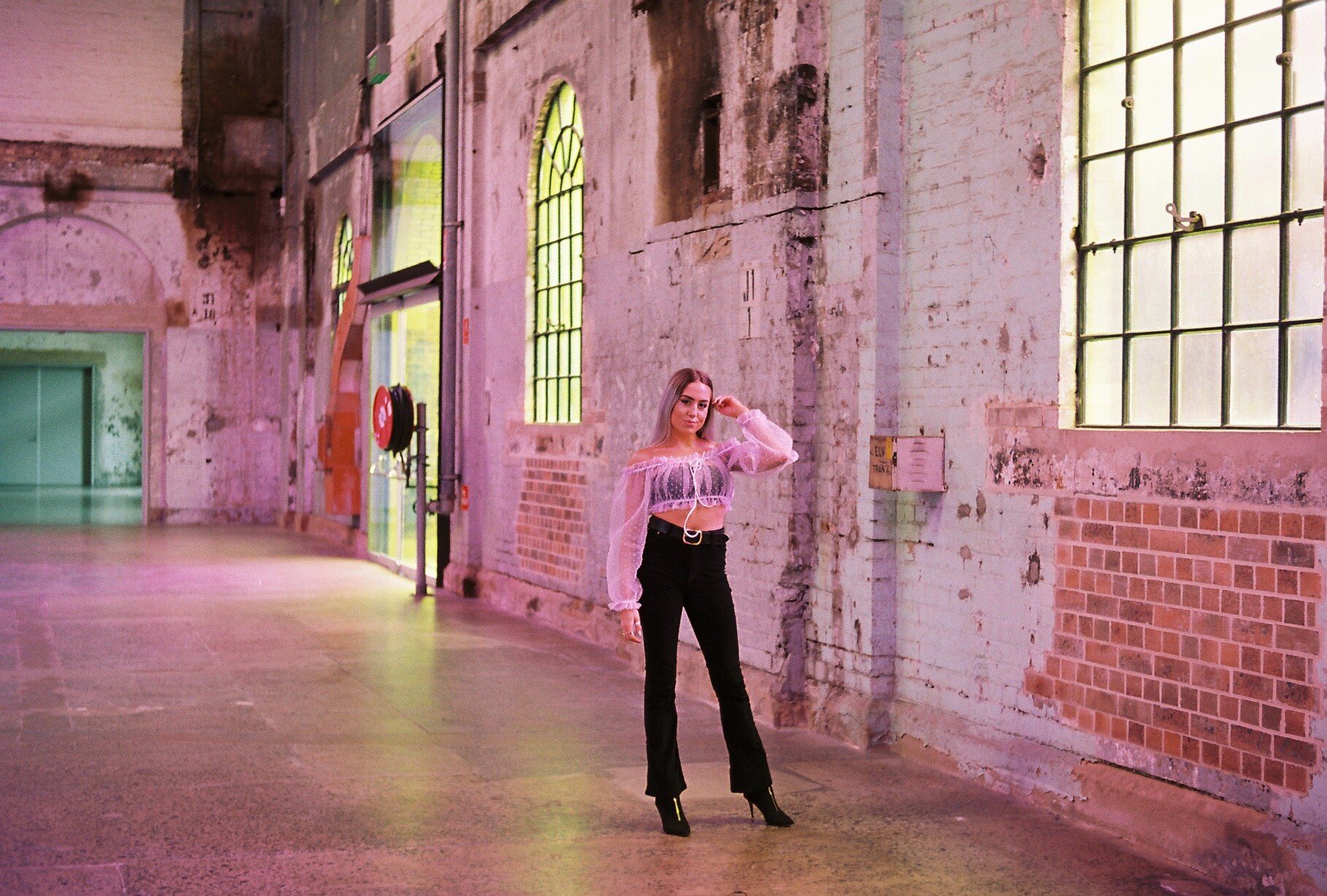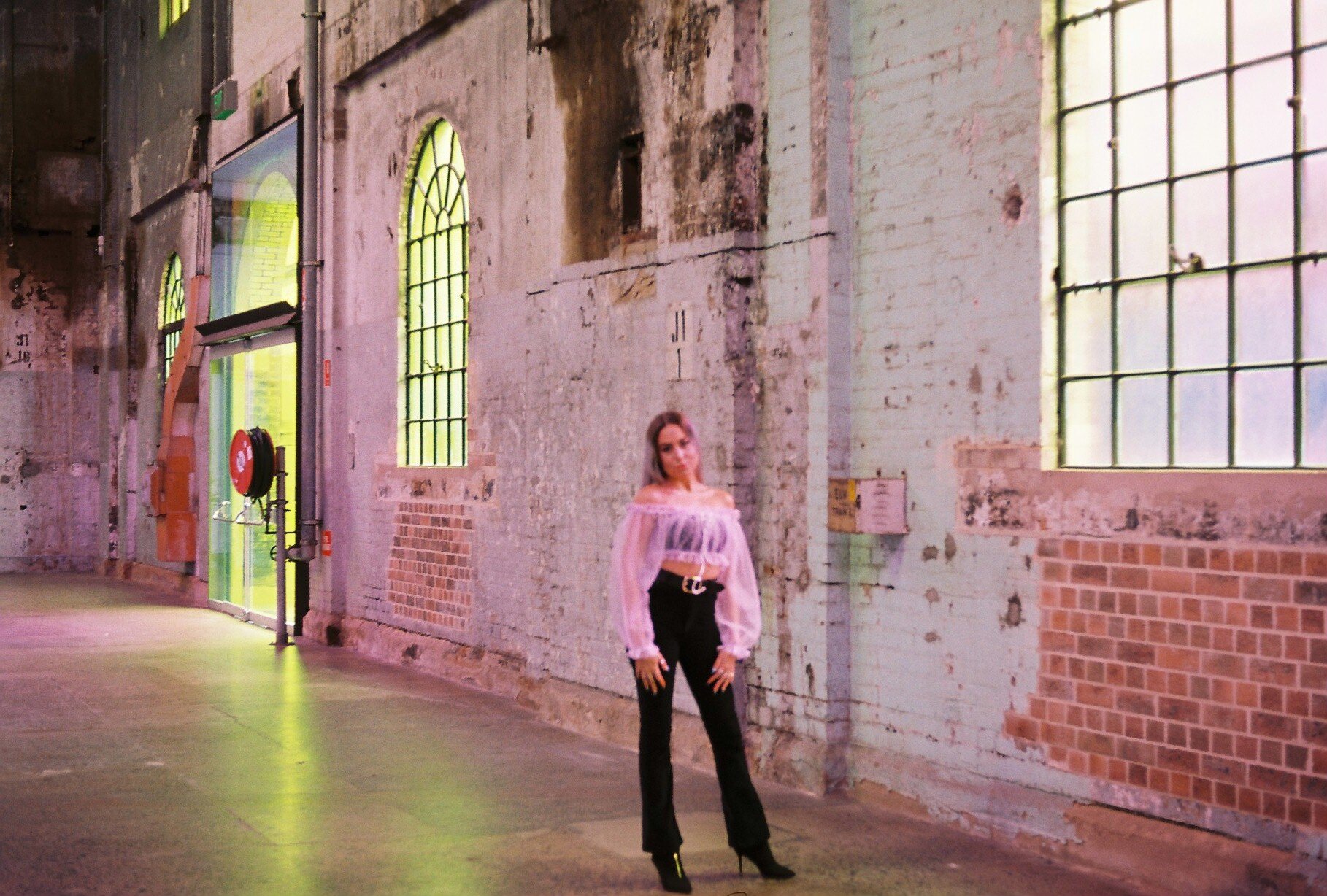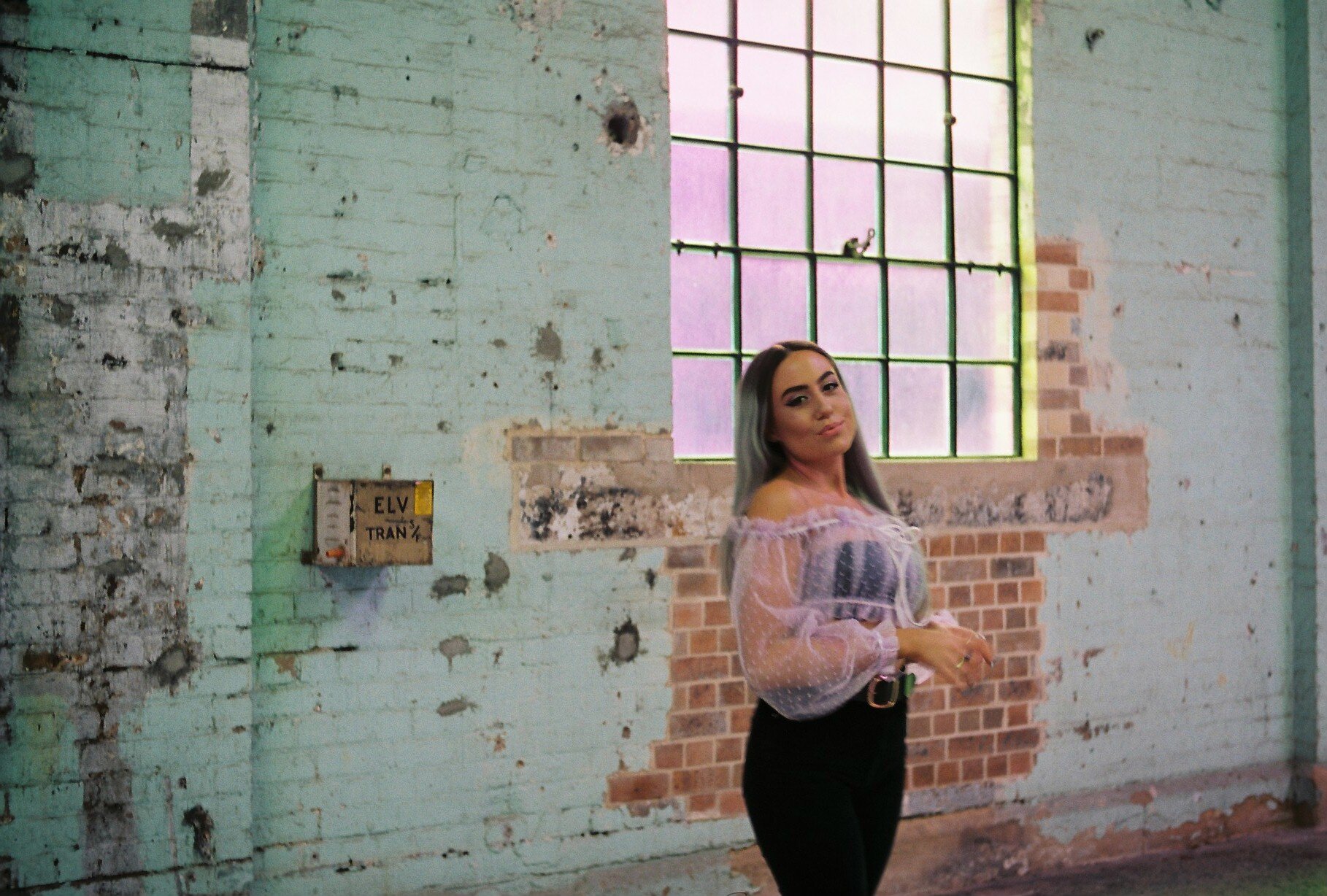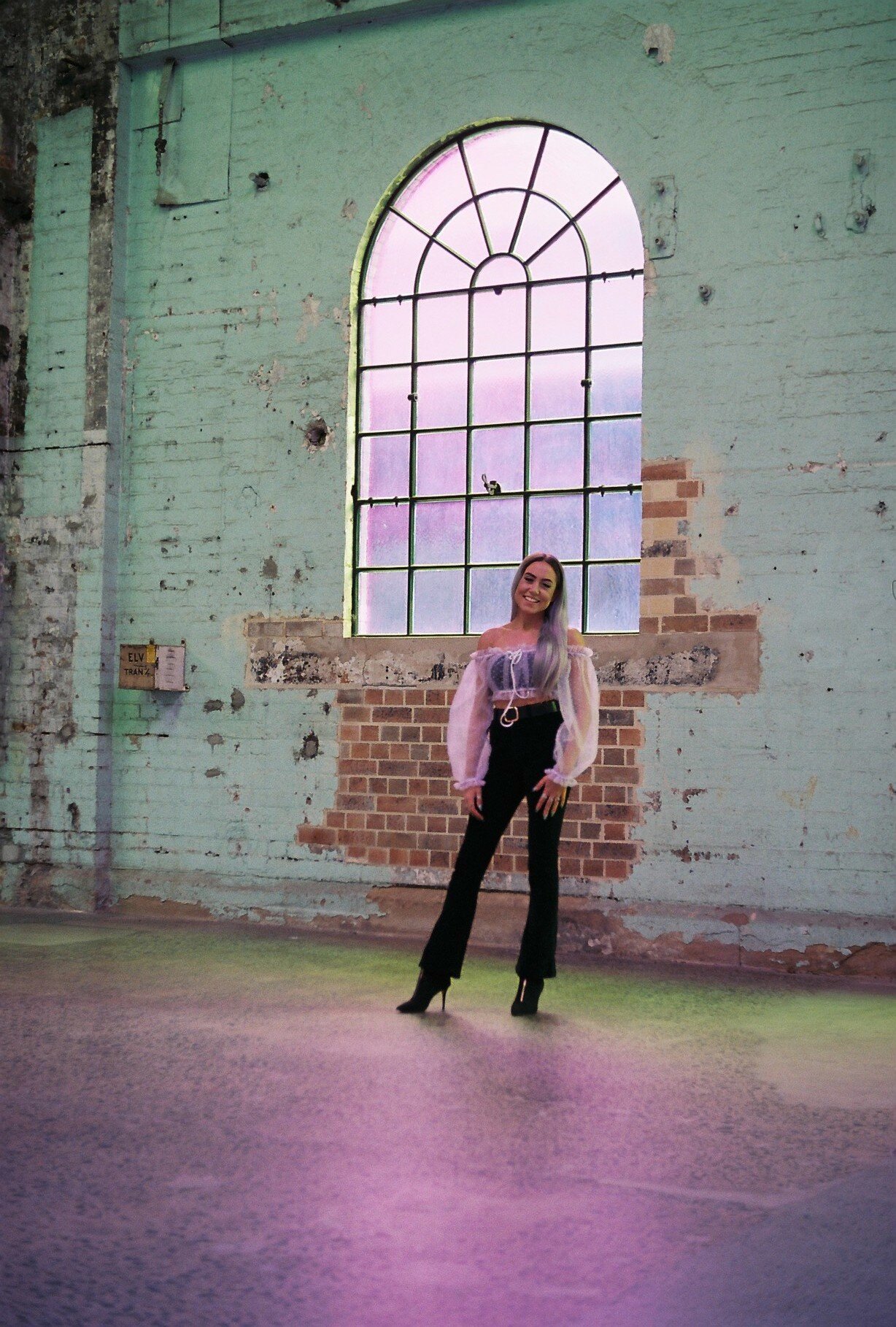Regaining Control of Her Narrative
International Women’s Day marks a time to celebrate the struggles, triumphs and perseverance of all women, past and present. However, it’s especially a time to recognize the powerful women who are carving a future for others by reclaiming their own narratives and identities.
Akala Newman is one of these people. As a multitalented Wiradjuri/Gadigal singer songwriter from Sydney, Akala’s music is paving the way for much needed representation within the Australian music scene.
I sat down with Akala to discuss her latest single “Burnt for You (What’s It Like In Hell),” the motivations behind her music and her struggles with representation as a woman of colour.
“So it all started when I broke up with my boyfriend,” Akala said about how she started making music. “I messaged my singing teacher, who’s a producer now, and I said I’ve got all these songs and all these thoughts, I just want to do something with them.
“Because it’s just always been this cathartic release of energy, writing and everything. I was like, I’ve just got to do something with my life. So we just went into the studio and fleshed out one song, which was Heart for Free – which was the first big song, that was my baby.”
With backgrounds in dance and acting, Akala’s art is a performative exploration of self and identity. Balancing poetic symbolism and lyricism that makes your heart melt, her music candidly speaks to experiences of heartbreak, loss and dislocations of identity.
“Storytelling and expression has always been in my life. We haven’t been a really artsy kind of family, we’ve always been involved in the arts and it’s always been in my life, like with culture. I started dancing when I was younger, and the dance school had a musical theatre class – so I did that and was like ‘oh this is kind of fun’. I’ve always loved getting up on stage because it’s that release of energy, and it’s really nice to be someone else for a while.”
“When you’re on stage, you’re at your most vulnerable. I always say it’s not putting your mask on it’s taking it off, and it’s like that point when you can just go ‘this is me, and can really relax into it.’ It’s that point where I’ve always felt really comfortable.”
“Through that I’ve gone, well if they can write these songs about love and loss, then why can’t I? So it’s just like, one thing flowed to another and yeah. It’s kind of worked out like a little puzzle piece.”
In her self-directed and produced “Burnt For You (What’s It Like In Hell)” music video, Akala made a statement to only hire Indigenous performers and creatives.
“This [video] was about angels and devils, and I wanted it to blend this westernised part of who I am with this notion about Aboriginal people who live in the Northern Territory - that it’s a magical land - I wanted to represent that through myths and legends.”
“I think the Indigenous experience comes with a lot of baggage, which needs to come with experiencing a lot of Indigenous work as well. I want to use this film clip as a tool of resistance, as a way of dismantling that false representation. I feel like Aboriginal people have always been spoken about or for, which is why this whole entire film clip was written by me, produced by me and everybody in the music video are Aboriginal or First Nations people. Which is why it’s just so important to explore the way…asserting this political agency in work and have blackness seen and represented as nice and beautiful, strong as well.”
“I think I wanted to capture that to control my narrative and definition by using modern artistic expression and then representing that through my own individual experience and definition of self. To keep my own individuality and spirituality alive, and committing to this self-determination and political adversity.”
“The Burnt For You (What’s It Like In Hell)” video was released in February, now amassing over 2000 views on YouTube. Its stunning visuals and powerful lyricism speak to Akala’s quintessential artistic flair. Her style is characterised by fantasy; mermaids, fairies, angels, demons, each curated as a way to transport listeners to a different world that is uniquely Akala’s.
“There’s this artist called Destiny Deacon, and she took a photo of two Aboriginal women in a mermaid outfit, but it was outside and they were just completely in control of their environment. It was completely juxtaposed as to how The Little Mermaid was.”
“I think that really made me think about how many Indigenous artists always do things to represent this solidarity and this authority and this sense that, even though shit’s happening, I feel really grounded in who I am and I am re-inventing myself everyday.”
“I’m reinventing the image of who an Aboriginal woman is supposed to be like. I think a lot of why I started writing is because...I never felt like I had an identity crisis – I think I did when I was little because it was like I was juggling these two worlds. But I think through music and through dance and acting and representing yourself on stage and on screen, you’re finding your way to say ‘this is me’ and living by your own way and your own narrative.”
“That way you can control the way people look at you, because as a woman, you always feel like you’re surveillanced in society. But as a black woman, it’s very different because I can be ‘white-passing’. So I feel like I’m a detective when I’m with people who say certain things, I just think ‘wow – it’s very interesting to be in this body, looking out into the world how people represent you.”
The experience and voices of Indigenous women are rarely given equal opportunity in Australian culture, and in music even less so. In her trailblazing 2019 hit, Gamilaraay singer-songwriter Thelma Plum shed light on the trauma inflicted upon Indigenous people in Australian society, and the process of identity that comes with this discrimination. Better in Blak became the highest ranking song by an Indigenous artist ever in Triple J’s revered Hottest 100 competition.
“I feel like I know how I want to be represented, and I do it in a certain way,” Akala said about the Australian music industry’s treatment of women of colour. “Then that kind of makes people be on the same path as me, and I’m very lucky that I have people who are on that path.”
“There are times where people are just horrible and I feel like, more as a woman to be in the entertainment industry, it can be really shit. People can treat you as if you’re invisible and then there comes this added layer of being an Aboriginal woman, it’s very hard to break through all that noise.”
“Like, I’ve been to a lot of gigs where we’re just background noise, really. Guys can get up and sing, they can have their bands and everyone will be swooning over them. But as soon as you get up it’s just like you’re nothing, and I see that with a lot of female artists and that just breaks my heart.”
“That’s why I’m so strong and passionate about having authority about everything I do, because our voices have power and need to be heard. And I won’t stop until it is.”
With dreams of performing at major festivals and an EP on the way, Akala has a bright future ahead of her. It is her artistic ethos, poignant explorations in her music and undeniable talent which will get her far.
“I want to use performance as a sight of healing and self representation and make sure everybody knows that they too can live by their own narrative and focus on their dreams, and don’t let anybody change who you are.”
“I love just singing about everyday stuff, like love and loss and just feeling like you’re not alone in this world either. I think that’s all I want to do.”
“Burnt For You (What’s It Like In Hell)” is available now on all streaming platforms.
Follow Akala
FB: https://www.facebook.com/akala101/?ref=br_rs
W: https://www.akalanewman.com



